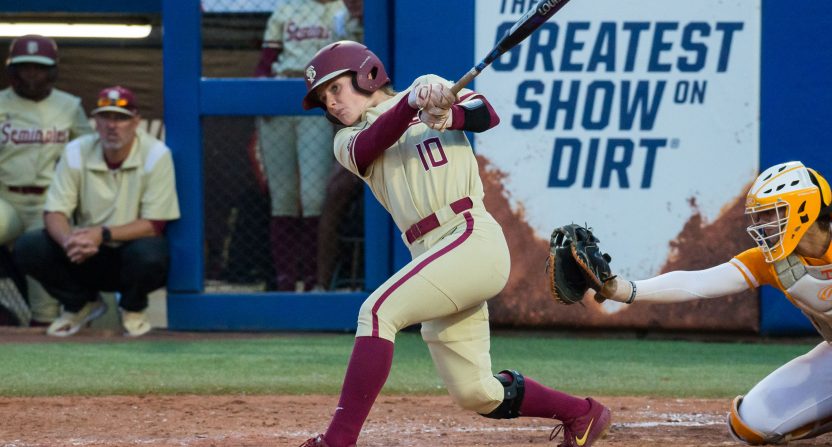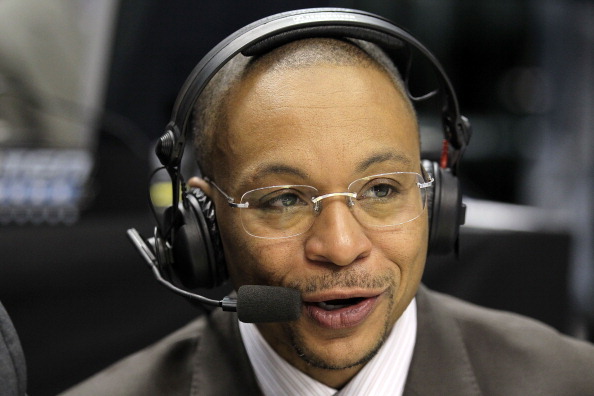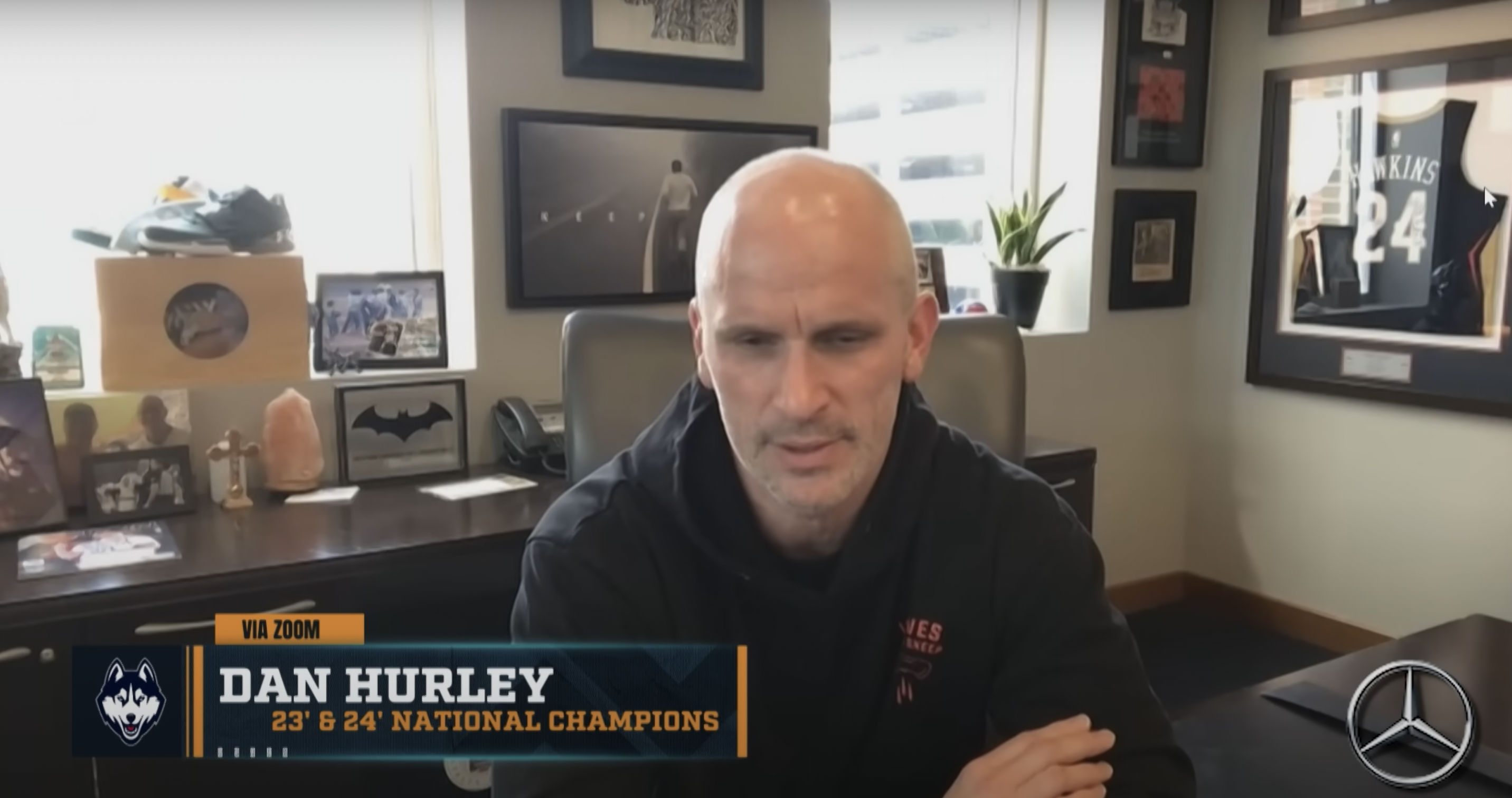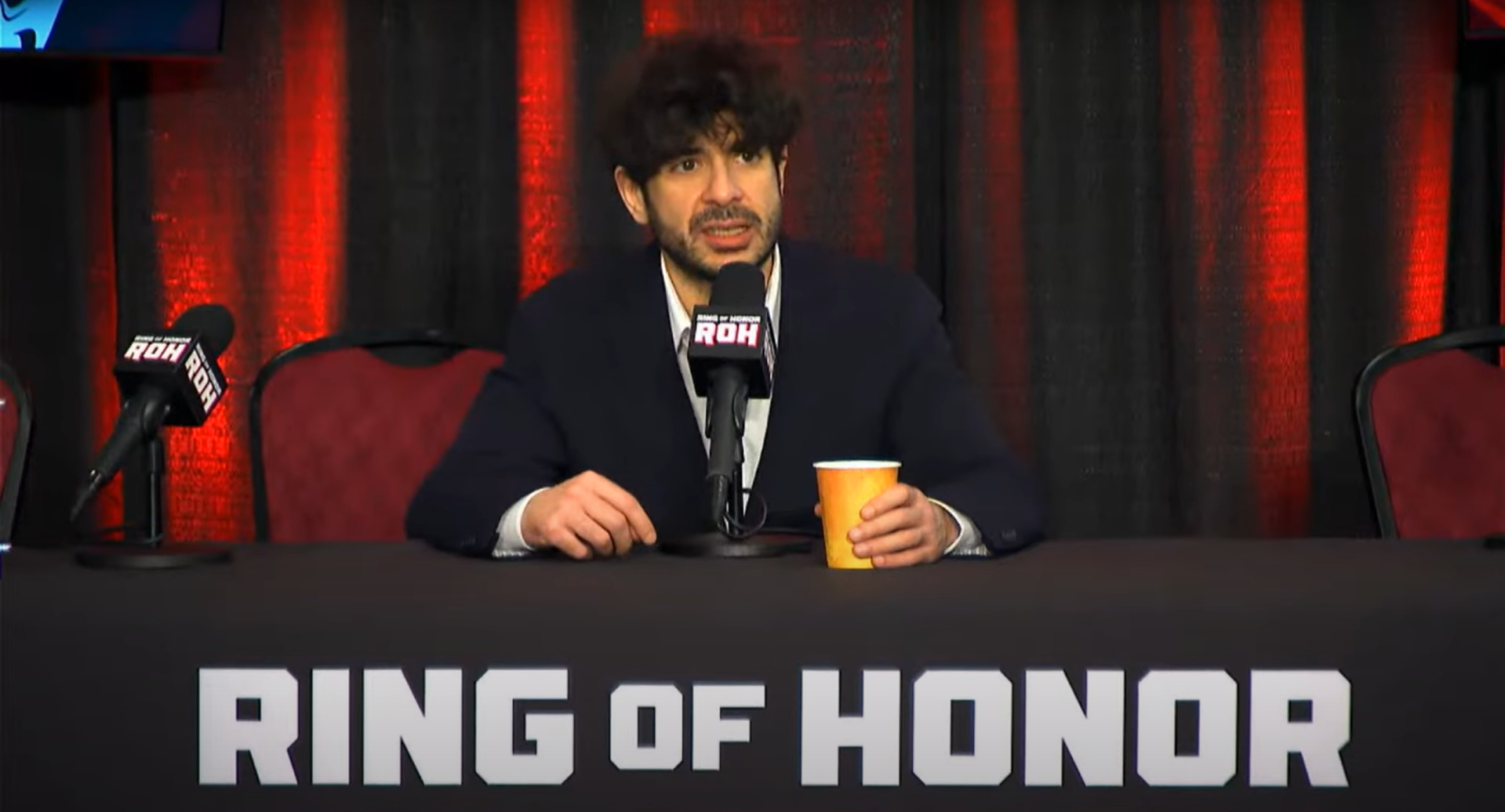Editorial Note: Dr. Katie Lever is a former Division 1 athlete and current freelance sports writer whose work has appeared in Global Sport Matters, Sportico, Extra Points, Forbes, and other outlets. She is also the award-winning author of Surviving the Second Tier, a dystopian novel about the dark side of the college sports industry, available on Amazon. Follow Katie on Twitter and Instagram: @
Former Duke softball player Bri Butler has always been drawn to action. It’s what attracted her to the sport of softball–and her position as a pitcher–in the first place.
“I get bored pretty easily,” Butler said. “So I kind of had to be in a position where I was involved a lot in the game. So I think that’s where the pitching part really stuck out to me because it’s very hard to get bored when you are involved in every single play of the game–whether you like it or not.”
Butler, who graduated from Duke University in 2021 and worked with the Princeton softball team throughout grad school has now fully transitioned from softball player to softball fan–and the action of this year’s postseason has given her plenty to be excited about, even as a viewer.
“Now being in a fan capacity, I get almost an itch,” she said. “Like, every single game where I’m like, ‘this seems so fun’… it’s reminding me every single time I watch it why I played in the first place.”
This itch Butler describes can be felt around the world of college softball every postseason – so many people want to get in on the action of the sport and it shows in the numbers. According to SHOT:CLOCK Media, the Women’s College World Series has exceeded viewership of the Men’s College World Series in 2021 and 2022. Last year’s WCWS title game between Oklahoma and Texas drew over 1.74 million viewers. The host site USA Softball Hall of Fame Stadium has set attendance records in recent years. The business of college softball is booming and the sport’s popularity doesn’t just start at college softball’s equivalent of the Elite Eight either. Super regional tickets in Knoxville, Stillwater, Norman, and Tallahassee sold out quickly–it only took one minute for tickets to sell out in the Tallahassee Super Regional, to be precise.
College softball’s viewership success comes amid a tidal wave of growth and increased network visibility in women’s college sports across the board. Multi-million viewer crowds are nothing new for women’s basketball championships – the 1995 championship game between Tennessee and UConn, which was aired on CBS, averaged 7.4 million viewers. This past season’s championship game between Iowa and LSU was the first aired on a broadcast network (ABC, ESPN, and streaming services) since 1995 and garnered a record-smashing 9.92 million viewers, peaking at 12.6 million–up 103% from last year’s championship game.
Just as college basketball has energetic athletes like Angel Reese and Caitlin Clark, college softball has its share of big personalities who receive similar criticism–so much so that head Oklahoma softball coach, Patty Gasso, recently came to the defense of her team amid critiques of their on-the-field celebrations ahead of this week’s championship series, telling her players that they must be “unapologetic” about the energy and emotion they bring to the game amid their domineering dynasty, despite what critics might say and the double standards they experience.
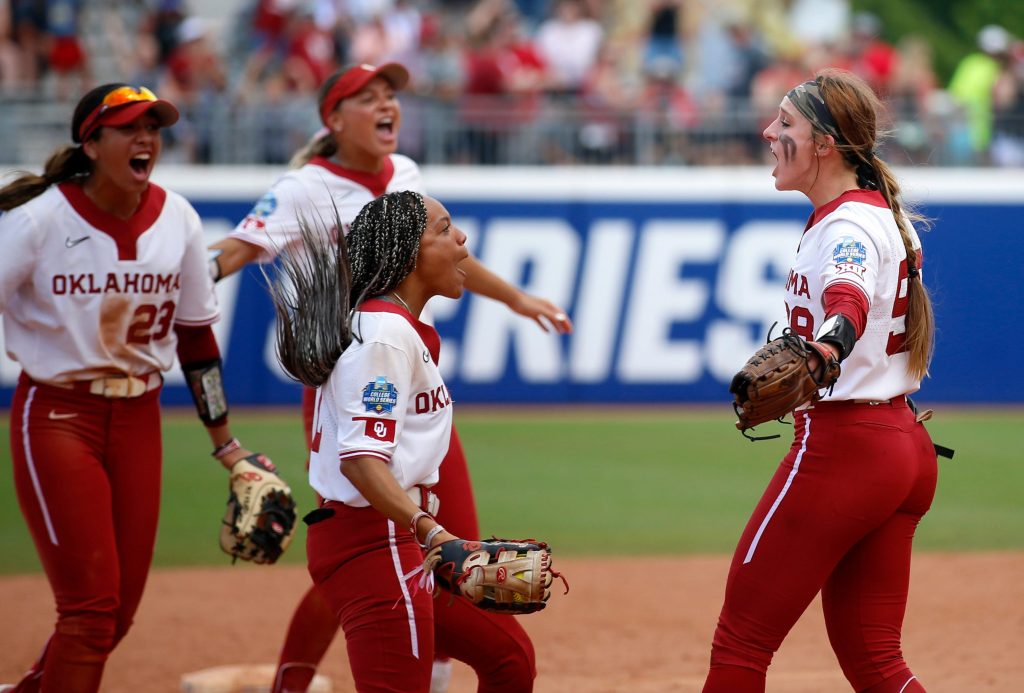
Oklahoma center fielder Jayda Coleman recently told ESPN that she stays off of social media for that reason. “Why can’t we have emotion? We are in the same stakes as them,” she told ESPN, referencing her male counterparts in the Men’s College World Series. “We are athletes just like them. Why can we not wear our emotions on our sleeves?”
One example Butler pointed to was Washington freshman pitcher Ruby Meyland “ugly crying” (her words) in the circle after she closed out the Super Regional final against Louisiana-Lafayette to send Washington to the Women’s College World Series. Butler is also “obsessed” with Stanford’s freshman phenom NiJaree Canady, the nation’s ERA leader, who’s celebratory post-strikeout “Nija stomp” is becoming just as famous as her deadly rise ball.
From Butler’s perspective, the emotion of players can be at least partially attributed to the stakes involved. “When you watch softball, you can tell it really, really means a lot to like the women that are playing,” she said. “Because, unfortunately, of course, there are pro-softball leagues now, but they still won’t make as much money as men do currently.”
Much like in other women’s sports leagues, the pay disparities between professional baseball and softball players is stark. In 2016, former Tennessee pitcher, Monica Abbott, signed the highest-grossing pro softball contract in history at $1 million for six years with the National Pro Fastpitch league’s Houston-based team, the Scrap Yard Dawgs. In 2017, US Women’s National Team member Delanie Gourley went viral for tweeting (and then deleting) that her professional softball salary was less than the Yankees’ bat boy made that same year. When Athletes Unlimited launched in 2020, the salary minimum for players was $10,000 a season with the opportunity to earn an additional $25,000 in performance bonuses, for a cap of $35,000 a season.
This is why, in many ways, the Women’s College World Series is like the Super Bowl or the World Cup, featuring not only some of the best players in the country, but among the best in the world, who are competing for their last shot at winning big.
Female athletes also typically have to fend off sexism from (usually male) critics who assume they have a sense of athletic superiority to even the pros on the women’s side.
“There are a lot of men who have adopted that mentality,” feminist media scholar Dr. Jenn McClearen said. “Because the sexism around women’s athletic abilities is so entrenched in our society. Many still assume that any man basically could beat any woman at her professional sport, which is just ludicrous to think about. But it’s how a lot of sexism operates around women’s athletic abilities.”
Perhaps what sets college softball apart from other mainstream sports is the fact that there isn’t a true male equivalent to fastpitch softball at the mainstream level, which discourages such comparisons. Butler adds that the fact that the sport of college softball is growing from a media perspective helps garner respect for these athletes.
“With a lot more exposure, a lot of people can also just take them more seriously as well,” Butler said of college softball players. “Sometimes people can be quite annoying where it’s like, ‘oh, it’s not real sport, or we don’t care.’ So the fact that they’re being taken like more seriously, I think it’s helping a ton because rather than just seeing these women as objects, you’re like, ‘no these are women who are freaking balling out. They are super good and I can’t do that.’”
The “I can’t do that” aspect of college softball also adds to its appeal from a viewership standpoint–one of the things that makes softball so visually appealing is that it involves a very specific and unique type of athleticism. For instance, whereas you could go to your local park and see people shooting around on a basketball court or playing catch with a ball and a glove, where else are you going to see windmill-style pitching or slap hitting but on a softball field?
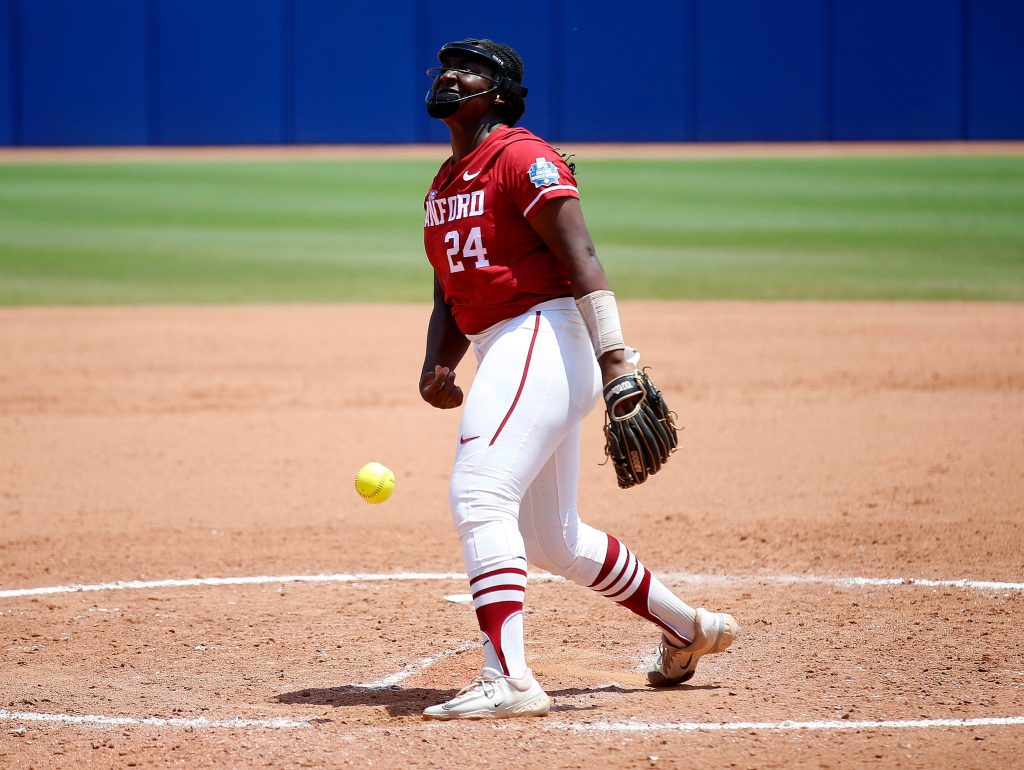
The uniqueness of softball is one aspect of the sport that makes it both easy and engaging to watch on television. “I think there are certain sports that play better on TV in general,” McClearen said, who added that she recently discussed this dynamic with a group of athletes at the University of Texas. “Some of them were in rowing, and some of them were in track and field, and those athletes were talking about specifically how they’re not in sports that necessarily encourage the same sort of sound bites and media clips, and they don’t have that sort of following.”
It’s also worth noting that the smaller dimensions of softball fields increase the quickness of the game–whereas standard baselines in baseball are 90’, they shrink to 60’ in softball which makes the play of softball lightning fast and increases the excitement of small ball and would-be routine plays that become complicated by speed on the basepaths. And the pace of play in softball, whether it comes in the form of hitting, pitching, defensive plays, also lends itself to perform well in both traditional sports media and social media.
This dynamic also makes the sport of softball brilliant for another hugely important sports media platform: TikTok. “On social media, you can make [sports content] a lot more digestible for folks,” McClearen said. “So I think that sports that can transition into different types of platforms like that have a greater capacity, for I think, continuing to have more viability than maybe sports that still can’t. If you can have that quick bite on TikTok or something, then it makes it highly consumable.”
Then, there are the athletes, who, according to Butler, are particularly good at engaging with fans in authentic ways. As an example, she cites Florida State catcher Michela Edenfield, who is known for her bat, her defense, her energy, and, perhaps surprisingly, her fierce on-the-field eye makeup looks, the most recent of which paid homage to Pride Month.
“When [players] do that when they play, it’s so fun,” Butler said, of softball athletes’ unique forms of self-expression. “Because I know little girls love it. And then, [Edenfield will] actually go to the little girls and they’ll submit like requests and she’ll talk to them and she’ll do makeup inspired by others… I think that’s just also another cool factor in it as well cause I think a lot of the [players] are very good at engaging with fans, especially young fans.”
In the case of Edenfield, her gametime makeup isn’t just makeup–it’s a means to connect with people and grow the game simply by being herself.
Safe to say, no matter what draws you to sports, whether it’s elite athleticism, wild upsets, respectable legacies, dynamic personalities, or rich storylines, it can be found in the Women’s College World Series.

